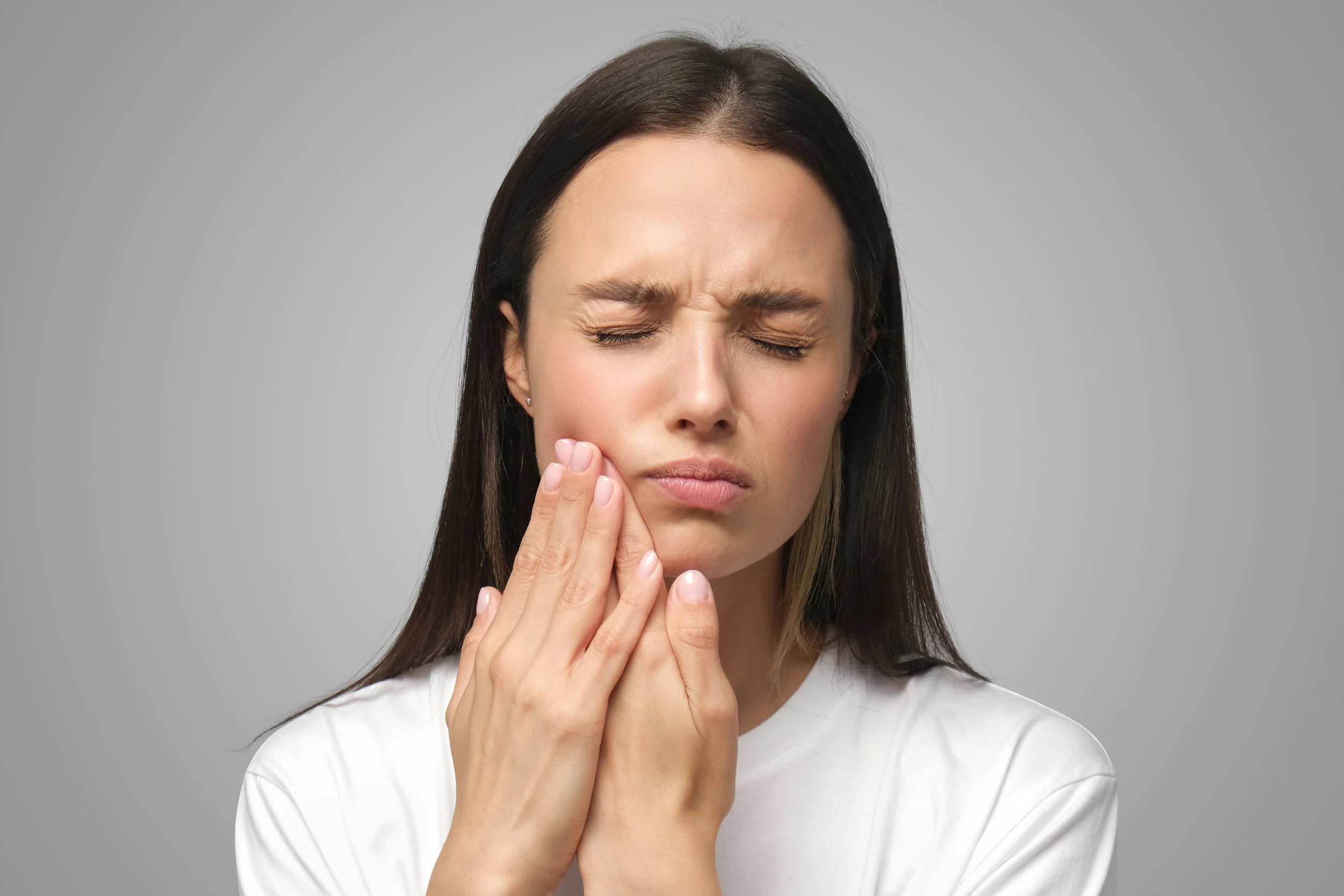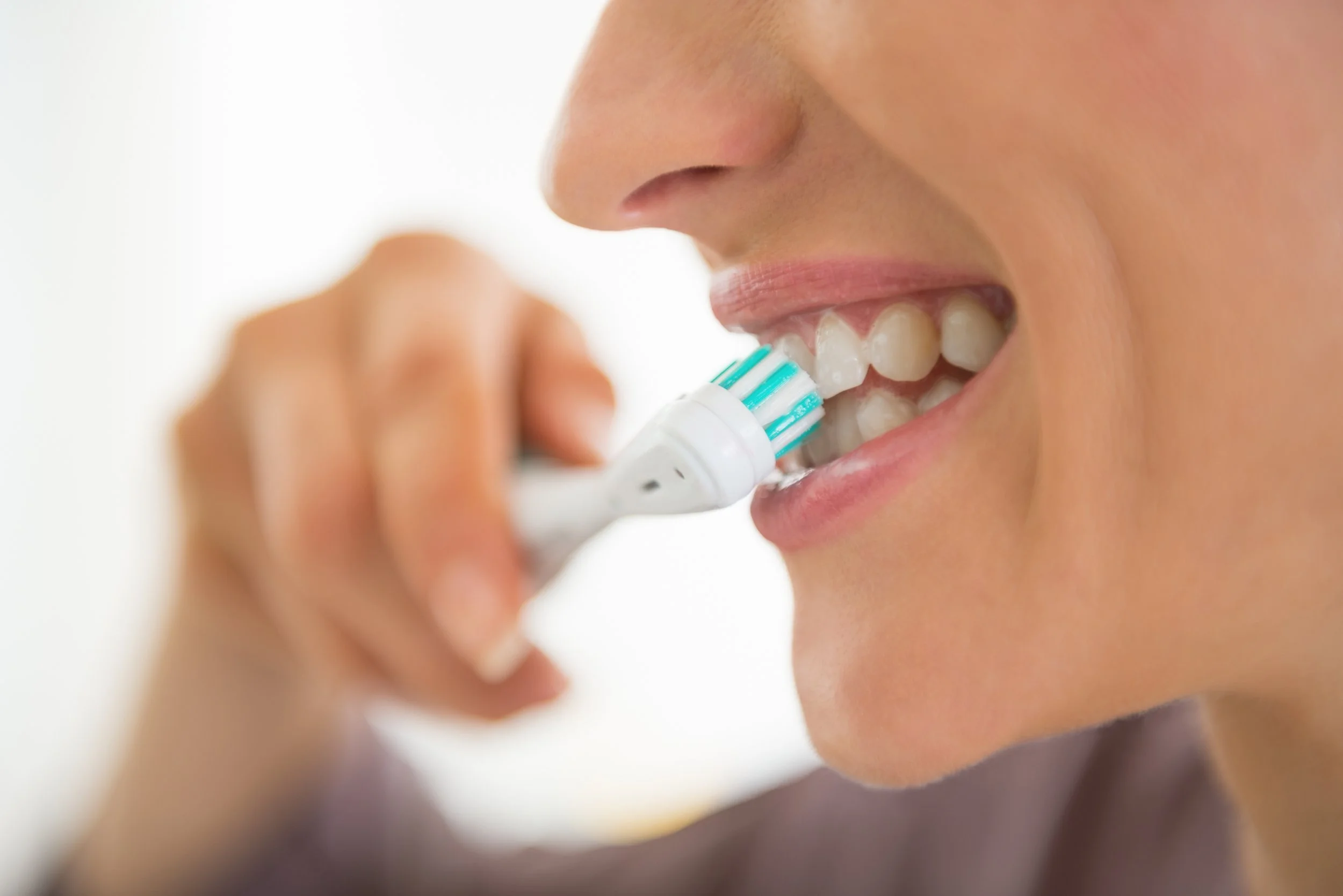IF YOU SUFFER FROM BAD BREATH, YOU'RE NOT ALONE. You may even have developed a few strategies to help manage it. For instance, you might carry a pack of gum to refresh your breath, or maybe you surreptitiously pop a breath mint in the middle of a conversation to offer one to a colleague without causing embarrassment.
No one likes bad breath, but everyone suffers from it after eating certain foods known for their pungent aromas. For others, however, the condition might be more chronic. The best way to deal with the problem is to address the root cause - so what causes bad breath?
Oral Hygiene and Bad Breath
For the most part, halitosis starts in the mouth. It's most often caused by oral bacteria feeding on the remnants your last meal, resulting in an unpleasant odor. However, not all bacteria are harmful; some aid in the digestive process and others can even help neutralize bad smells in your mouth.
You might also experience bad breath if you suffer from tooth decay and gum disease, adding yet another reason to deal with cavities and periodontitis early.
Other Causes of Bad Breath
However, oral health and hygiene are not the only root causes. Here are a few other possible sources to consider:
· Chronic Medical Conditions. Medical conditions such as diabetes, acid reflux, and even liver or kidney disease can impact your breath. Talk to your doctor if you experience bad breath as a side effect of a medical condition.
· Dry Mouth. Dry mouth can occur for many different reasons. For instance, some medications cause your mouth to produce less saliva, limiting your body's natural ability to wash your mouth clean and neutralize smells. You might also experience dry mouth if you habitually breathe through your mouth instead of your nose, causing excessive dryness in your mouth.
· Infections. A cold or sinus infection can result in more mucus than usual, which also impacts your breath.
· Frequent Nausea and Vomiting. Many pregnant women suffer from morning sickness and nausea, which brings extra acid into the mouth and can cause an unpleasant smell. Those suffering from bulimia may experience the same problem.
· Smoking. The chemicals in tobacco products can dry out your mouth - not to mention that smoking significantly increases the risk of oral cancer and gum disease.
Solving the Problem
Maintaining good oral hygiene can go a long way towards keeping your breath fresh, so brush your teeth at least twice a day and floss once per day. You might also want to consider tongue scraping. Most importantly, regular visits to your dentist will deal with more complex and pressing issues, such as cavities and gum disease.
Unfortunately, oral hygiene alone may not solve the problem, so talk with your doctor if you think your breath is impacted by other medical conditions. While some issues, such as dry mouth, can be lessened with chewing gum or increased water consumption, you may need to talk with your doctor to learn about other options for addressing medical issues.
The important thing to remember is help is available, so reach out to a dental or medical professional if you need some guidance. Together, we can find a solution that will have you smelling fresh in no time!












